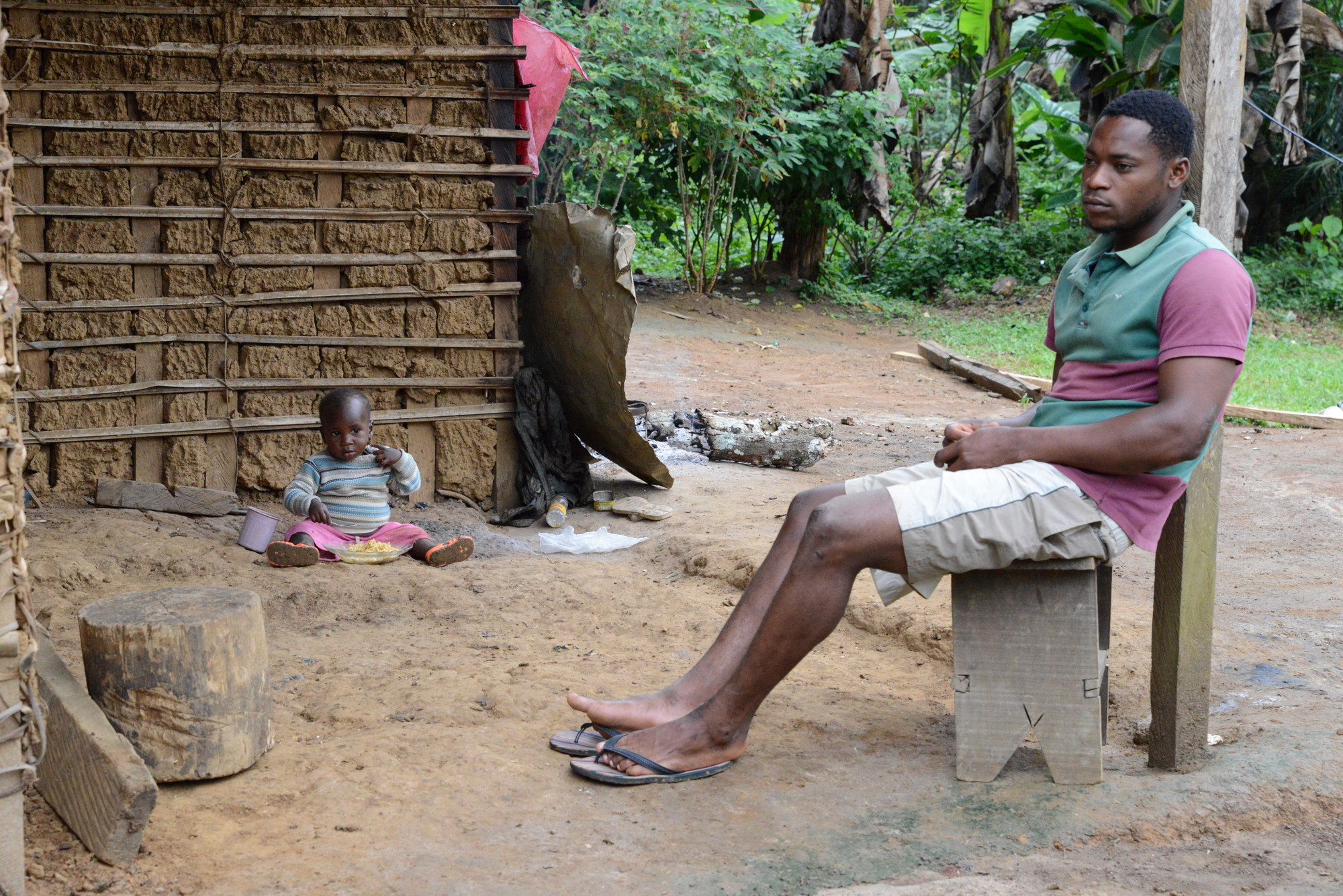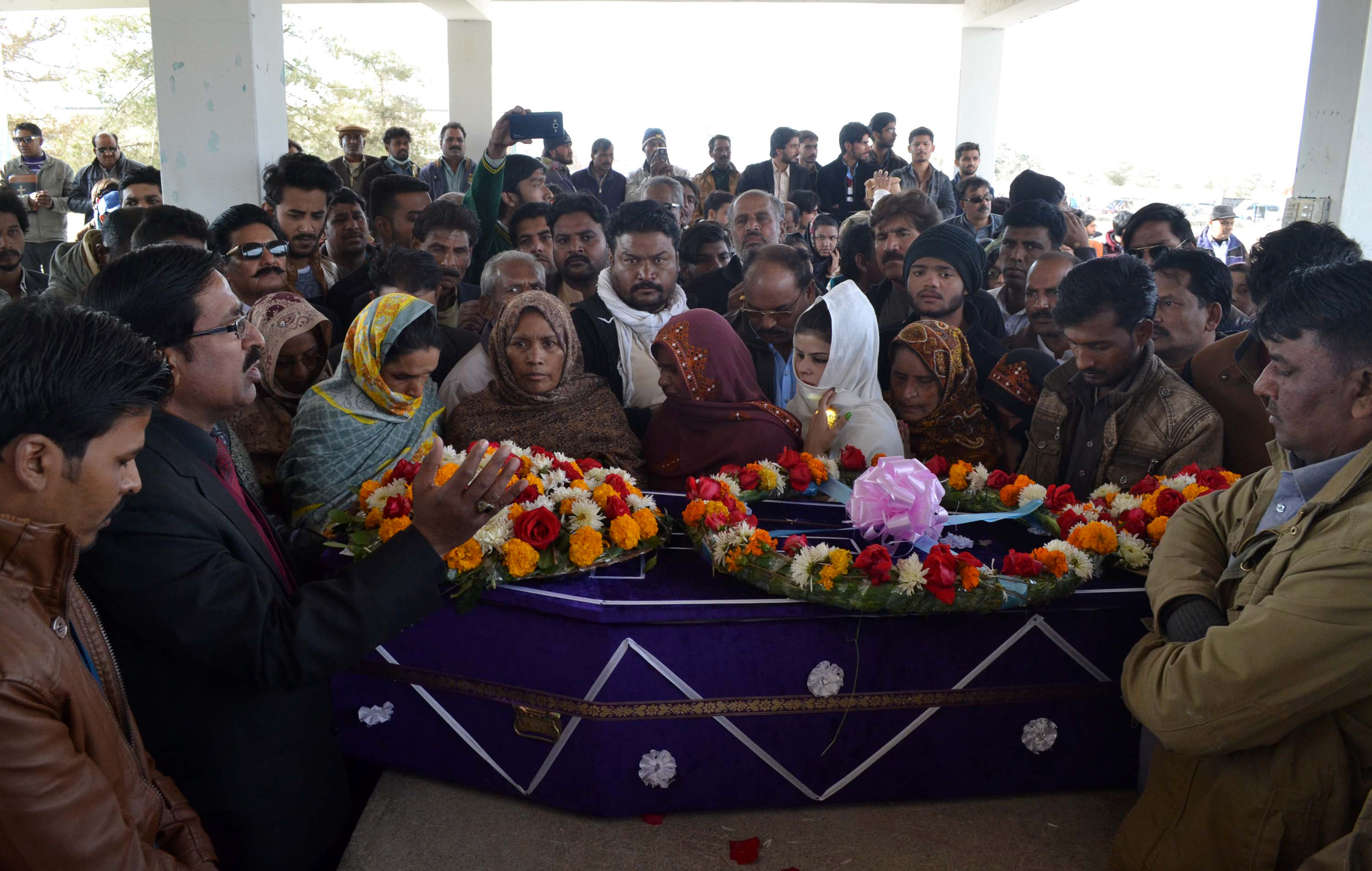Members of the European Parliament are calling on the European Union “to put the people of the world before our financial and political interests”, in a new freedom of religious beliefs report.
The Annual Report on Freedom of Religion or Belief 2017, presented by an MEP Intergroup on Freedom of Religion or Belief (FoRB) and Religious Tolerance, states that “much of the world’s population is deprived of their right to freedom of religion or belief, thought or conscience”.
The report’s authors say they hope it will serve to highlight “practical ways in which the EU can use its influence in the wider world, to promote and protect freedom of thought, conscience, religion or belief for all people”.
The report focusses on 34 countries, in 19 of which people face significant restrictions in living in accordance with their faith. It rates each country according to restrictions on freedom of religion and belief along with citing suggested EU action plans.
For example, in Guinea - one of several countries rated highest on the report’s FoRB restriction scale - the report says that “given the link between freedom of expression and FoRB” the EU should use funds to provide workshops in which journalists from Guinea and the EU can exchange ideas, and can work together on the benefits of Freedom of Expression and FoRB for their respective countries.
“The EU should work with the Guinean government and its officials to facilitate the implementation of the new criminal code and access to justice, as well as to work on the revision of certain problematic elements,” it continues.
The report also urges the EU to “openly condemn” the anti-conversion laws in seven of India’s states and “encourage central government to push for their repeal”.
It continues, encouraging the EU to “use cultural programmes to encourage inter-religious dialogues, especially in states where anti conversion laws exist, in order to foster an understanding of “the other”.
The report also calls on the EU to work with Pakistan to repeal its blasphemy laws. “At least 19 people are on death row as a result of sentences passed under Section 295c166 of the penal code and many more are serving prison sentences”, the report says, adding “a reported 71 people have been killed by mobs due to blasphemy accusations since 1990”.
MEPS also use the report to call for the position of the Special Envoy for FoRB outside the EU, Jan Figel, to be strengthened. Saying he should play a more visible and central role in the EU’s external relations.
The report includes “signs of hope”, detailing instances where FoRB has improved. In Burundi, for example, faith leaders renewed their commitment to peace and reconciliation by signing a communiqué calling on the international community to “re-establish good diplomatic relationships” with their government, the report details. The talks in 2017 brought together leaders from the Roman Catholic Church, the National Council of Churches of Burundi, the Council of Union of Christian Churches, the Islamic Community of Burundi, the Confederation of Churches and Revival of Burundi and the Seventh-day Adventist Church to “examine the current situation in Burundi, as well as the role of religious leaders” in the country “in contributing to enhance peace, security and reconciliation.”
It also mentions how the Constitutional Court of Indonesia issued a ruling in November of last year that upholds religious freedom – ordering the government to no longer discriminate against people whose faith is not one of the six religions that have been officially recognised since 1965 (Islam, Catholicism, Protestantism, Hinduism, Buddhism and Confucianism).



 Loading ...
Loading ...